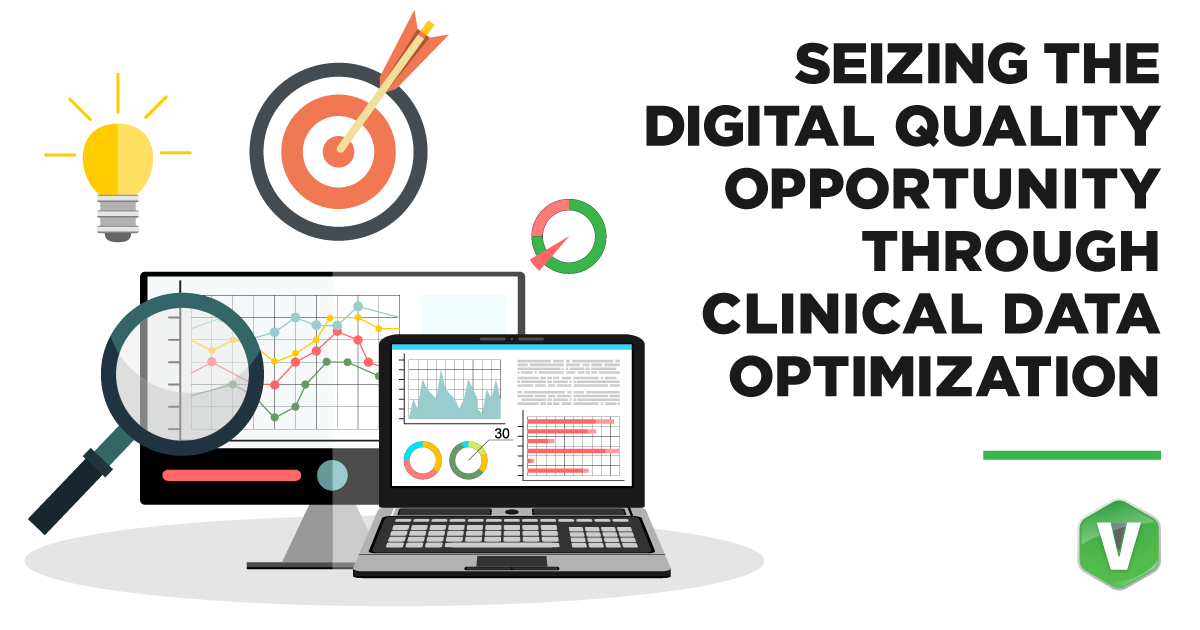Seizing the Digital Quality Opportunity Through Clinical Data Optimization

Health plans can transform compliance with Electronic Clinical Data Systems (ECDS) and digital quality measures into a strategic advantage by optimizing clinical data exchange. With the right platforms and partners, they are poised to pioneer a data-driven healthcare future that prioritizes patient outcomes.
The move from traditional HEDIS measures to ECDS, mandated by the National Committee for Quality Assurance (NCQA), replaces cumbersome manual processes with seamless digital data flows from EHRs, claims, and patient inputs. This shift, accelerated by regulations like the CMS Interoperability and Prior Authorization Final Rule (CMS-0057-F), demands immediate action to ensure secure, real-time data sharing across stakeholders. Acting now positions health plans to meet mandates while unlocking operational efficiencies.
Why Start Today? Optimizing clinical data exchange is resource-intensive, impacting technology, policies, and staff. A robust Business Process ROI platform, such as the Velox Health Metadata Payer Enablement Platform, is essential. Velox leverages metadata inventories and quality measure datasets to deliver KPIs that drive informed decisions, reducing inefficiencies that NCQA estimates cost $20 billion annually. Equally critical are future-focused consulting partners who offer strategic guidance, staff training, and workflow optimization. These experts help health plans navigate complexity, ensuring compliance and enhancing performance.
FHIR APIs: The Backbone of Data Exchange streamline the transition to ECDS by enabling interoperable, standards-based data sharing. Compliant with USCDI and Da Vinci requirements, FHIR APIs break down data silos and standardize formats, supporting use cases like prior authorization, risk adjustment, and care coordination. Devlin (2024) highlights how FHIR fosters real-time data access, advancing value-based care, while Khurshid et al. (2023) demonstrate its role in integrating social determinants of health data to improve care without burdening workflows. These standards ensure data quality aligns with ECDS demands, driving better outcomes.
Enabling FHIR CQL Measurement addresses the limitations of retrospective HEDIS measures, which rely on high latency, incomplete data. FHIR’s uniform definitions, common data models, and standard value sets, paired with executable Clinical Quality Language (CQL), align performance metrics across the Applegate model’s three-tiered system—providers, managed care, and government. This alignment delivers timely insights, enhancing clinical decision-making and reducing costs.
The transition to digital measures is an opportunity to redefine healthcare quality. By leveraging platforms like Velox, collaborating with expert consultants, and adopting FHIR APIs with CQL, health plans can reduce inefficiencies, enhance care coordination, and champion patient-centered healthcare that sets a new standard. The time to lead is now—health plans that act decisively will shape the future of quality measurement.
References
- Devlin, K. (2024). The promise and potential of clinical data exchange. Journal of AHIMA.
- Khurshid, A., et al. (2023). Social and Health Information Platform. Appl Clin Inform, 14(5), 883-892.
